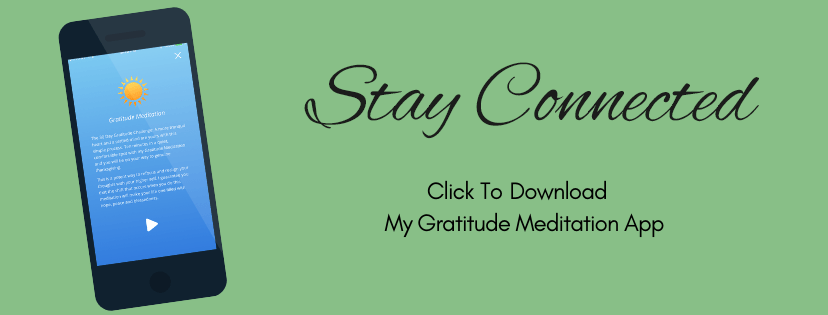Until I pass on into the next world, I want to be independent and mobile; if I can prevent it, no wheelchairs or rocking chairs for me. I’m sure you feel the same, right? I have covered many aspects of aging which will help us stay out of those kind of chairs, and maintain our ability to get out of our favorite chair.
Today, we will look at one more: Keeping and improving our balance. So if you are in your fifties reading this, you might think, “well, that’s not something I need to worry about now.” But, au contraire, the research shows balance begins to slow down in our fifties and continues declining unless we stop and reverse this tendency.
First, let’s breakdown all the elements contributing to our ability to get out of a chair with ease and walk down the sidewalk in high heels without ending up in the street, embarrassed and bloody.
Balance is actually a complex whole-body exercise.
Your science lesson for the day: balance requires your sensory systems, your brain, your muscles and joints to work together. Our sensory system is made up of our eyes, ears and sense of touch.
Our eyes tell us where we are in relation to other objects, and if these objects are still or moving.
Our inner ear has tiny hairs and tiny nerves which work together to tell our brains the position of our head. Like the rudder of a boat or airplane, the hairs and nerves are constantly trying to right the ship and keep it in perfect alignment to the earth, standing still or in motion. Additionally, small crystals of calcium inside our ears help us sense the pull of the earth-gravity, and recognize movement. No small tasks for such fine hairs!
Our feet and joints let us know if we are on even ground or moving across rough terrain. Our brain takes all this in and sends messages to our cerebral cortex. We then understand all this input as “Watch out, it’s dark and the path is angled and covered with loose rocks!”
Aging does not automatically mean falling.
The worst part of taking a fall when we are over 60 comes more from the psychological toll than the physical one: the fear of falling. Suddenly, we might start limiting what we do—traveling, going out to unfamiliar places, resisting new experiences, all because we might fall. That wheelchair or rocking chair now starts looking positively inviting. STOP HERE! Do not past GO and collect your $200 to use on one of these. There is good news, and it is this: falling is NOT a normal part of aging.
You have the power and the ability to keep your balance until the day the angels take you away, but you must, like all things, work on it to keep. Thankfully relief from the fear is as close as your YMCA/YWCA, gym, or rec center.
Tai Chi, the ancient Chinese practice of slow, meditative movements done in a particular sequence ranks as one of the most effective practices to enhance or restore balance. It also works great on lowering your stress and cortisol so you will live longer to dance with your favorite partner. Additionally, yoga is an outstanding practice for shoring up balance, there is even a one-footed balancing pose to get right to it!
Simple daily practices can help prevent falls.
Outside of organized classes there are some very effective daily practices we can incorporate to help us be fall-free:
- Try heel-to-toe walking as if you were on a balance beam like an Olympic gymnast
- Sit on an exercise ball to strengthen your core and practice getting up without holding on to anything or toppling over
- Exercise on a wobble board or Boscu™ ball (one of those half balls nailed to a flat board)
- Practice standing on one foot while you brush your teeth—left in the morning, right one at night.
All of the above should be done once your doctor has given you the go-ahead and ruled out any serious inner ear disorders, Parkinson’s, diabetes and/or certain medications which might affect balance.
Keeping our balance throughout our lives is such an empowering, and doable thing one wonders why we don’t all work on it every day. What might be stopping you?
Until next time….. Be Vibrant!
